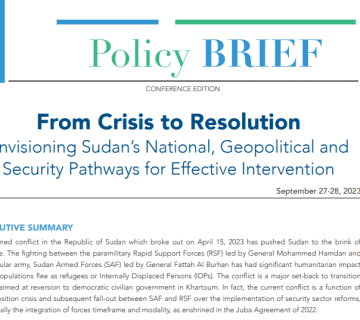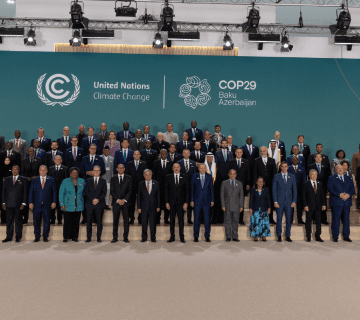This brief critically analyses the R-ARCSS (signed on September 12, 2018 to ‘end’ the 2013-2018 South Sudanese civil war) and explores options for finding enduring peace in the country. Being a power sharing arrangement, the R-ARCSS might lead to a top-heavy complex, face a territorial trap, and entice further fictionalization, hence reproduction of insurgent violence. On the other hand, R-ARCSS does not adequately address the post-transition stability, and its provision for transitional justice might be undermined by alleged offenders being in shared government. Therefore, establishment of permanent and constitutional consociational democracy after the transitional period, adequate political will for implementation of the R-ARCSS, observance of the principles of proportionality for power sharing at the state and local level and minority or mutual veto across executive levels of power, and international development support during the reconstruction phase, are likely to safeguard the country’s stability.



